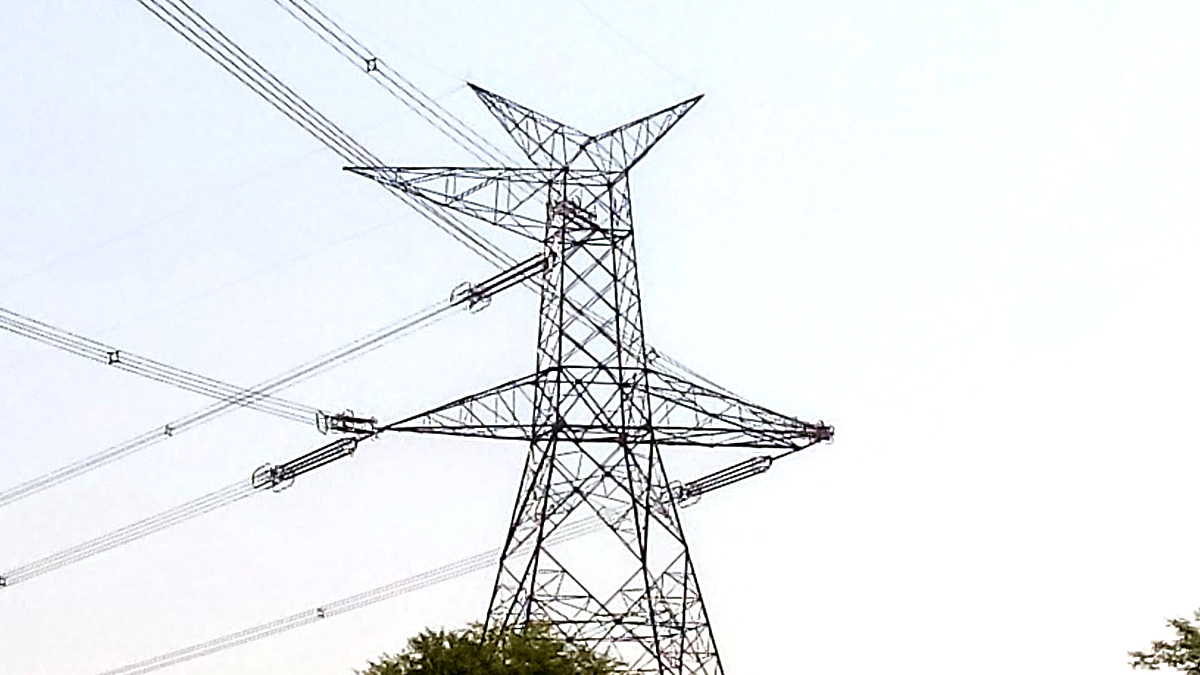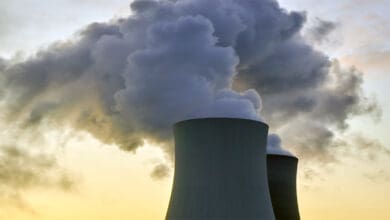A case has been filed in the international court against the Pakistan State Oil (PSO) by a Liquefied Natural Gas (LNG) supplier Gunvor. The involvement of state companies in the Liquefied Natural Gas (LNG) business has exposed financial risk to Pakistan. The Pakistan Muslim League-Nawaz (PML-N) government had involved the private sector in setting up LNG terminals and also state companies like the PSO and the Pakistan LNG Limited (PLL) in the supply business.
The PSO had signed LNG supply contracts with Gunvor and Qatar Petroleum. It had signed the contract for the supply of 500 million cubic feet per day (mmcfd) from Qatar for 15 years. Later, the PLL management pointed out that Gunvor was receiving excess payments from it even as the PSO continued making excess payments to Gunvor on account of port charges for four and half years.
However, after the PLL’s complaint, PSO began deducting the excess payment to Gunvor. Following this, Gunvor filed a complaint against the PSO in an international court. PLL could now face a case in the International Court. It was because the PLL had been making excess payment to Italian firm ENI, who had “quoted the lowest price of 13.37% of Brent to win a contract with PSO”.
An official of the PLL said now all parties had accepted that excess payment was made and invoices had been revised now. With the involvement of public sector companies in the LNG supply, the state companies now face financial risks and even the entire chain of energy has been affected.
While the PML-N government had started the LNG supply initiative for the power sector but the power sector has been reluctant to take LNG supplies. Meanwhile, Prime Minister Imran Khan-led government has freed the LNG power plants from guaranteed off-take.
The government has okayed the private sector to sell, market and import LNG for its use, the public sector companies do not want to let go of their hold in the business. Moreover, the Imran Khan-led government has diverted the use of LNG to the domestic sectors rather than the original plan of using it in the power sector. This has resulted in the piling of circular debt.













